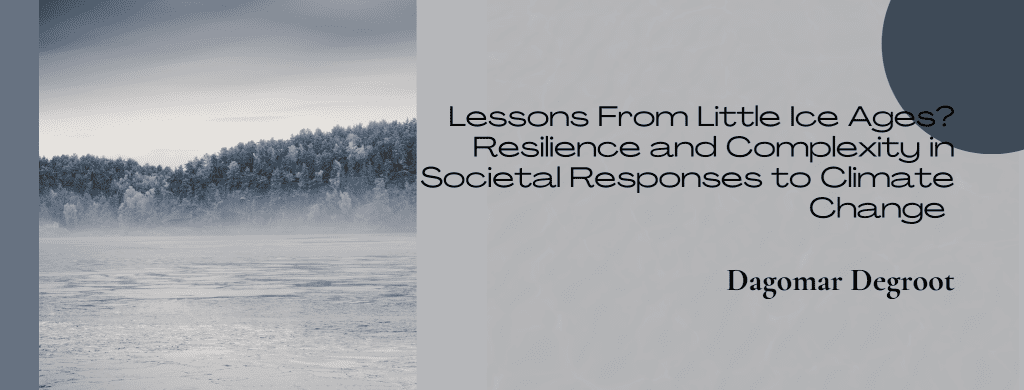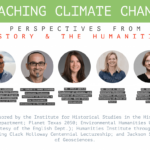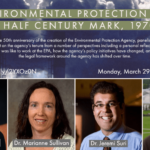
In September 2020, Dr Dagomar Degroot of Georgetown University delivered a talk as part of the Institute for Historical Studies 2020-21 Climate in Context theme. The abstract of the talk was as follows:
Although the speed, scale, and human origin of present-day global warming has no historical parallel, many societies of the past endured profound changes in regional climate. A large and growing scholarship now finds that these natural changes provoked food shortages that plunged civilizations into crisis – or even caused them to collapse. Yet in recent years, historians and archaeologists have found that social responses to past climate change were more complex and more varied than scholars have previously imagined. This talk will introduce new research on the resilience of societies to two periods of climatic cooling – the “Late Antique Little Ice Age” of the sixth century CE and the “Little Ice Age” of the thirteenth to nineteenth centuries – before considering whether the distant past can tell us anything about the uncertain future.
Dagomar Degroot is Associate Professor of History at Georgetown University, and an environmental historian who bridges the humanities and sciences to explore how societies have thrived – or suffered – in the face of dramatic changes in the natural world. His first book, The Frigid Golden Age: Climate Change, the Little Ice Age, and the Dutch Republic, 1560-1720 (Cambridge University Press) explains how one society – the Dutch Republic – prospered as many others faltered when volcanic eruptions changed Earth’s climate in the seventeenth century. His second book, “Ripples on the Cosmic Ocean: An Environmental History of Humanity’s Place in the Solar System” (under contract with Harvard University Press/Penguin Random House), argues that dynamic environments across the solar system have played a bigger role in human history than previously imagined. Read more about Dr. Degroot’s work on his professional homepage.
This talk is part of the Institute’s 2020-2021 theme, “Climate in Context: Historical Precedents and the Unprecedented.”
Sponsored by: Institute for Historical Studies in the Department of History, Planet Texas 2050, and Center for European Studies
Further reading:
“IHS Climate in Context: Understanding Resilience in the History of Climate Change” by Dagomar Degroot
Exploring Scholarship on the Little Ice Age by Raymond Hyser
Tools and Resources for Studying Environmental History by Brittany Erwin
The views and opinions expressed in this article or video are those of the individual author(s) or presenter(s) and do not necessarily reflect the policy or views of the editors at Not Even Past, the UT Department of History, the University of Texas at Austin, or the UT System Board of Regents. Not Even Past is an online public history magazine rather than a peer-reviewed academic journal. While we make efforts to ensure that factual information in articles was obtained from reliable sources, Not Even Past is not responsible for any errors or omissions.



